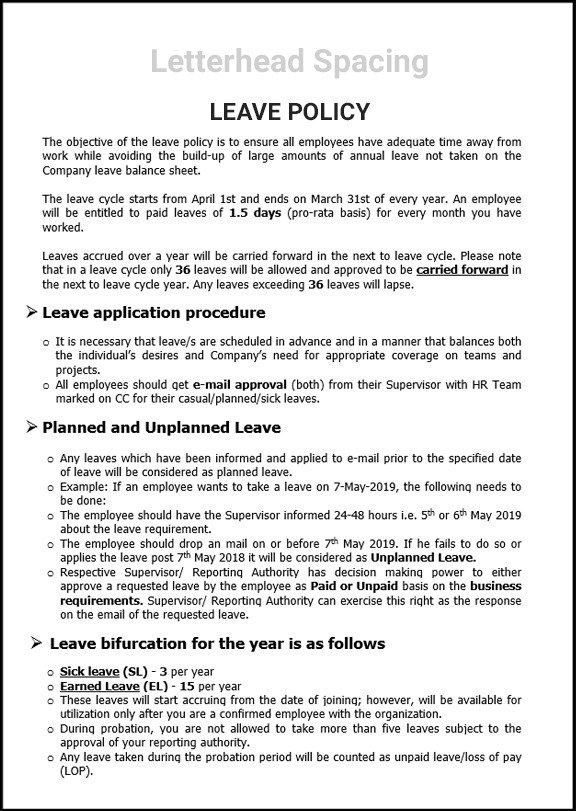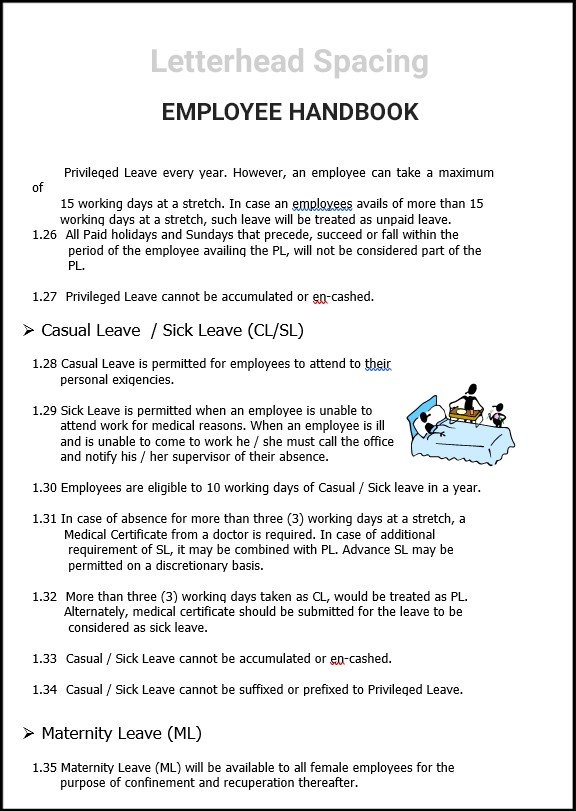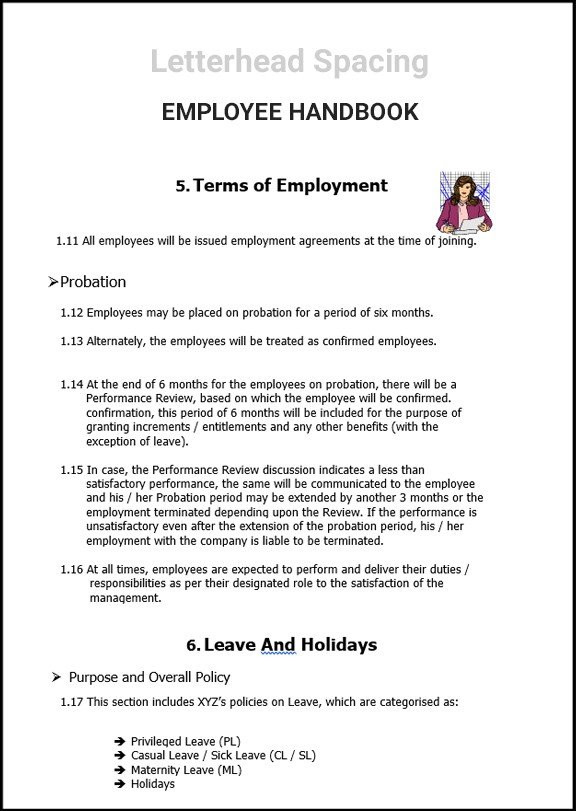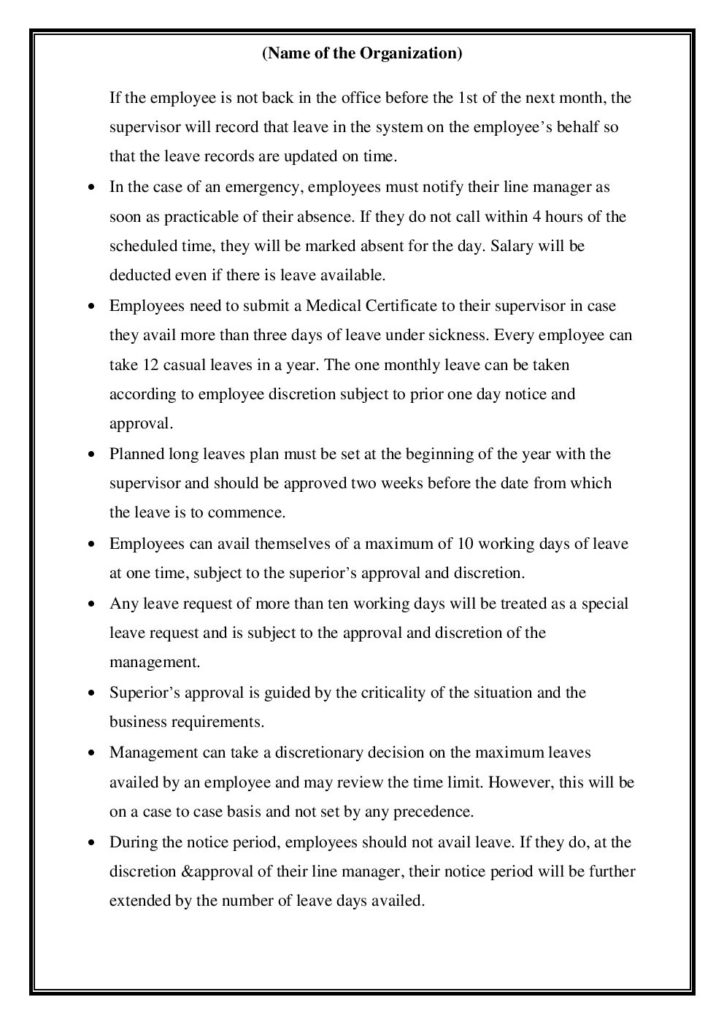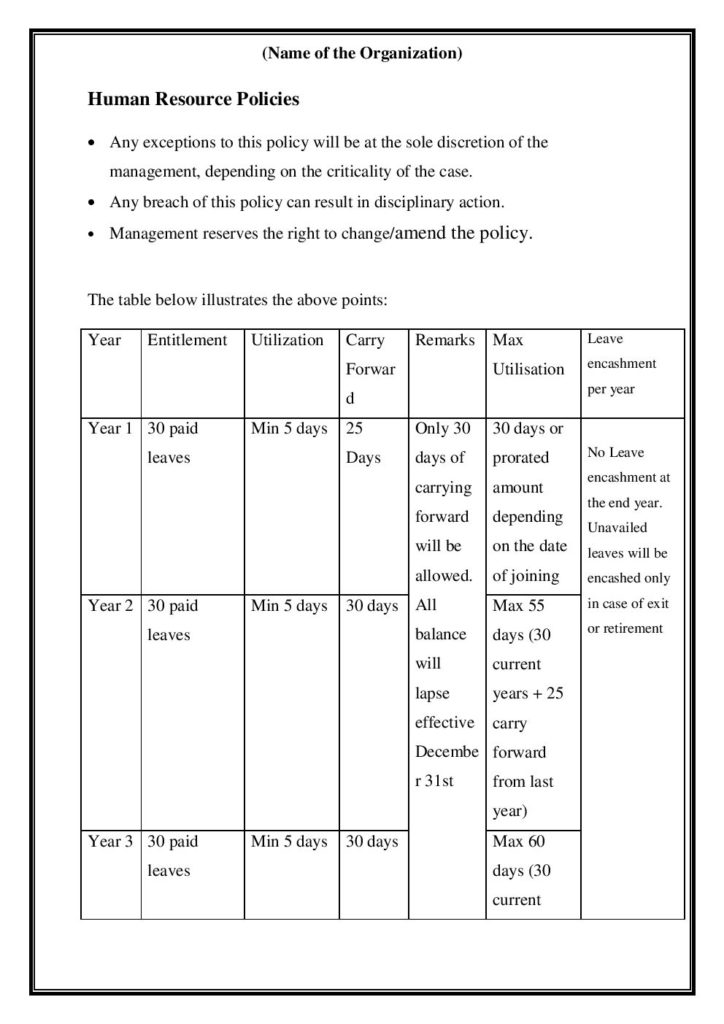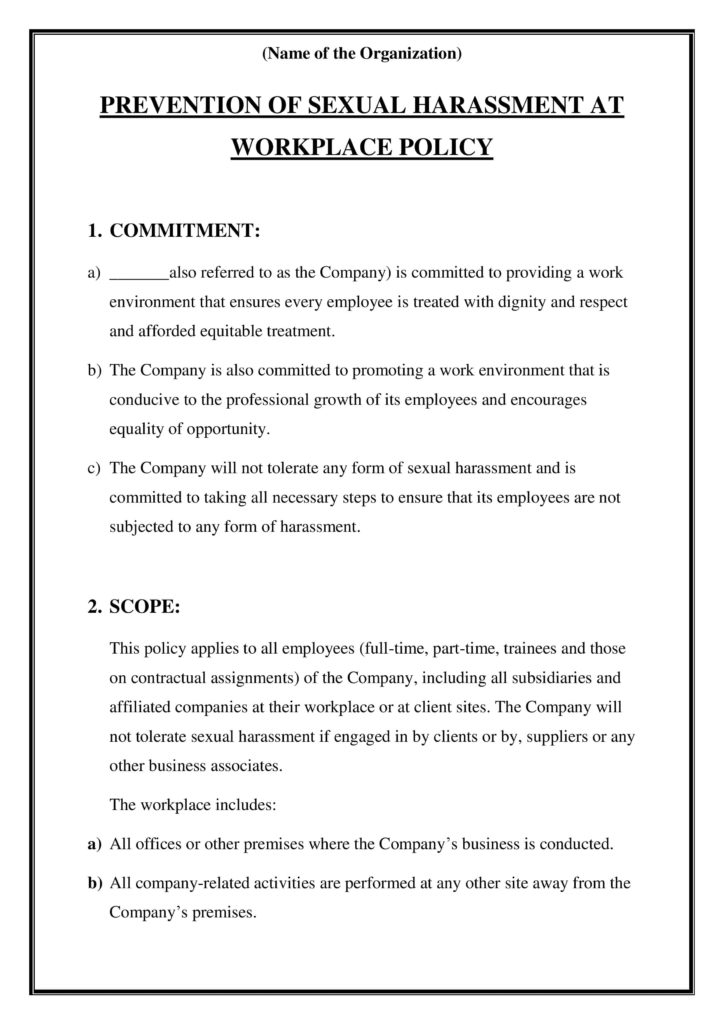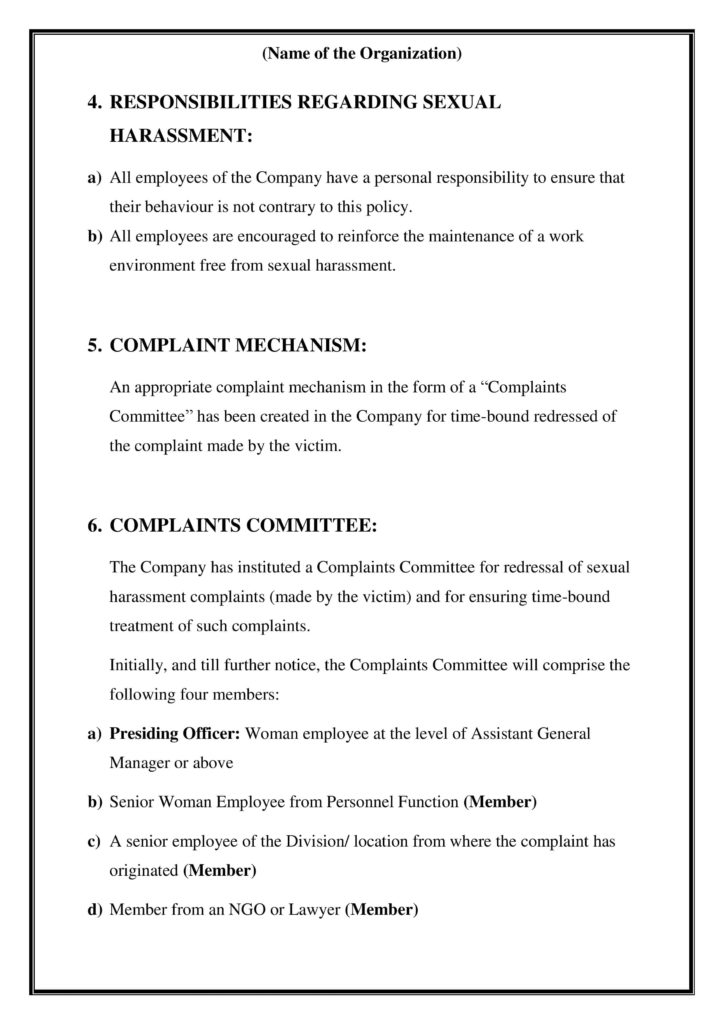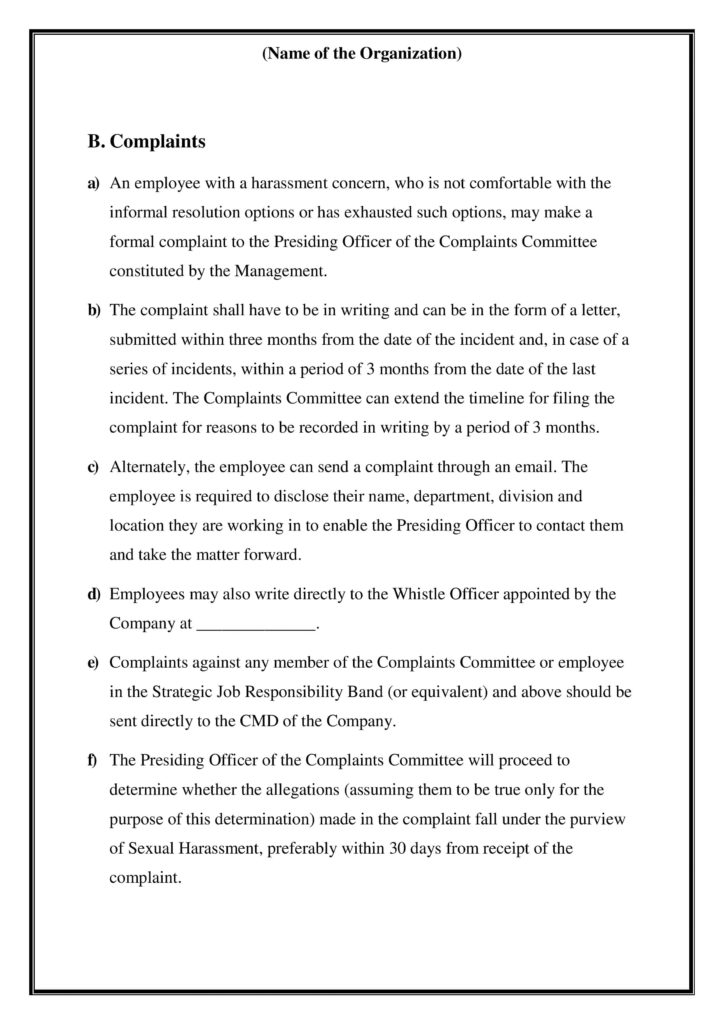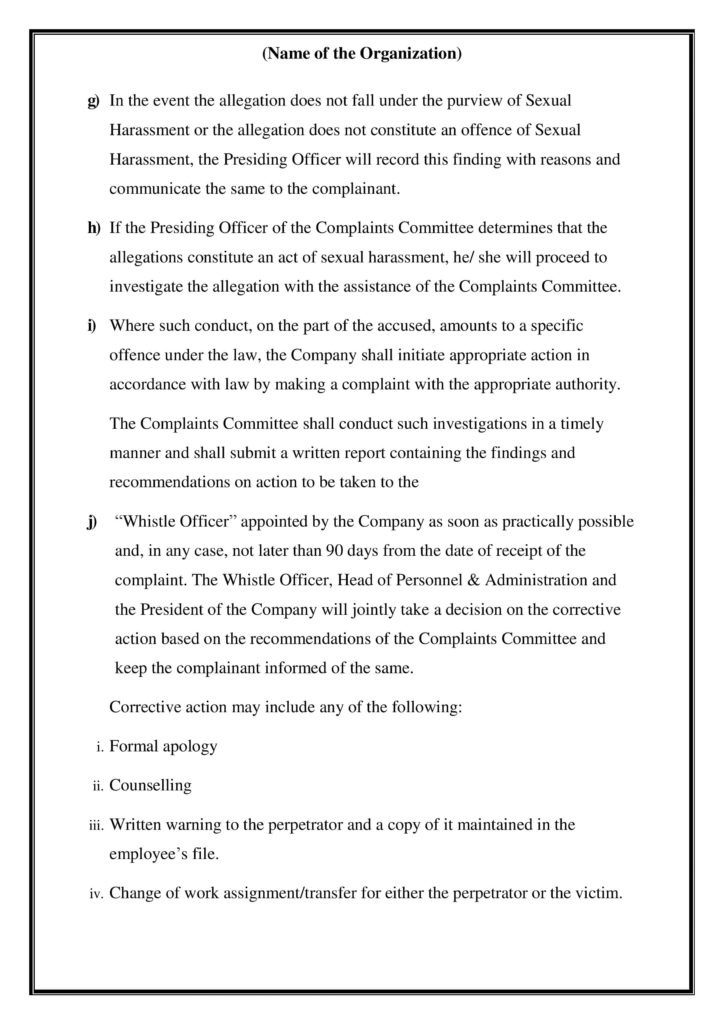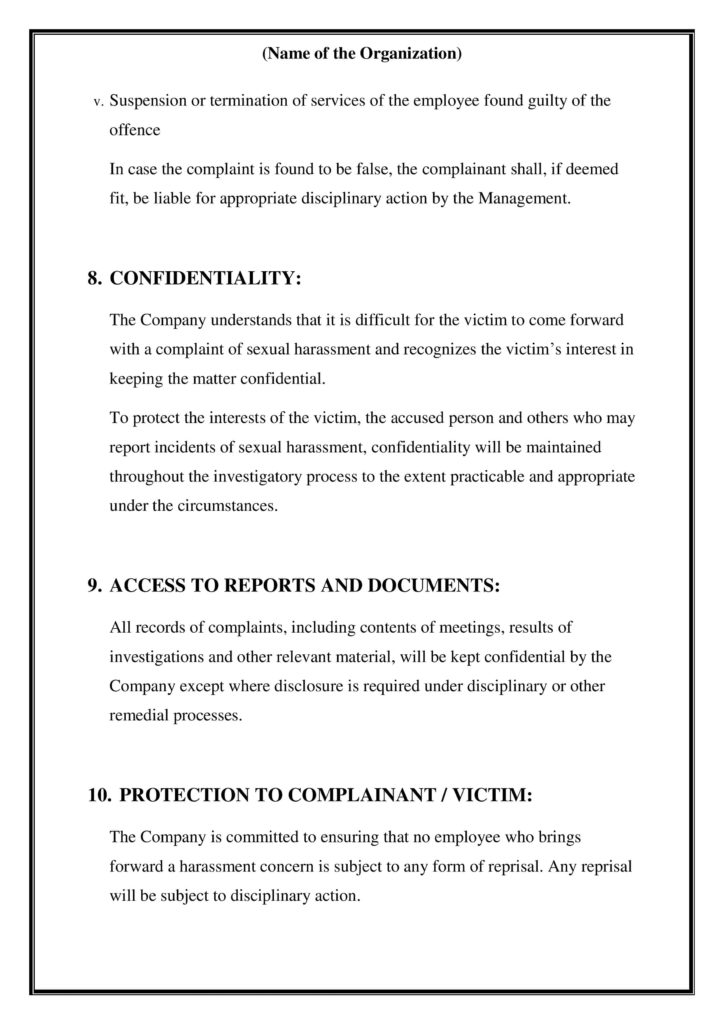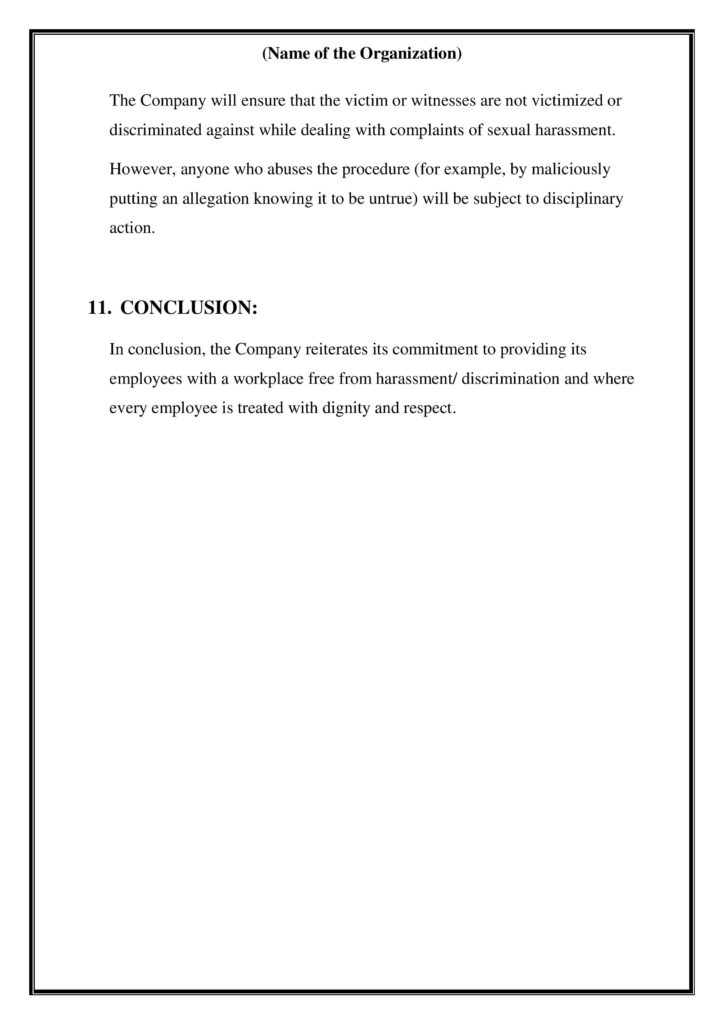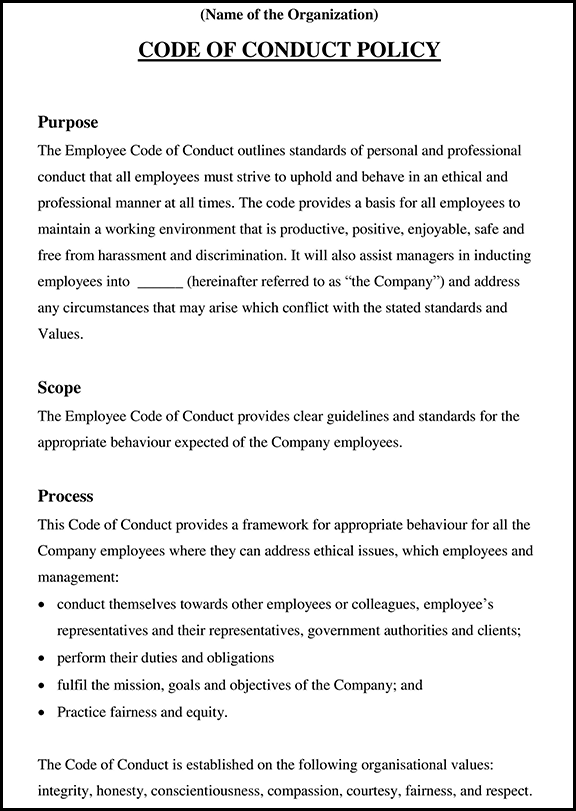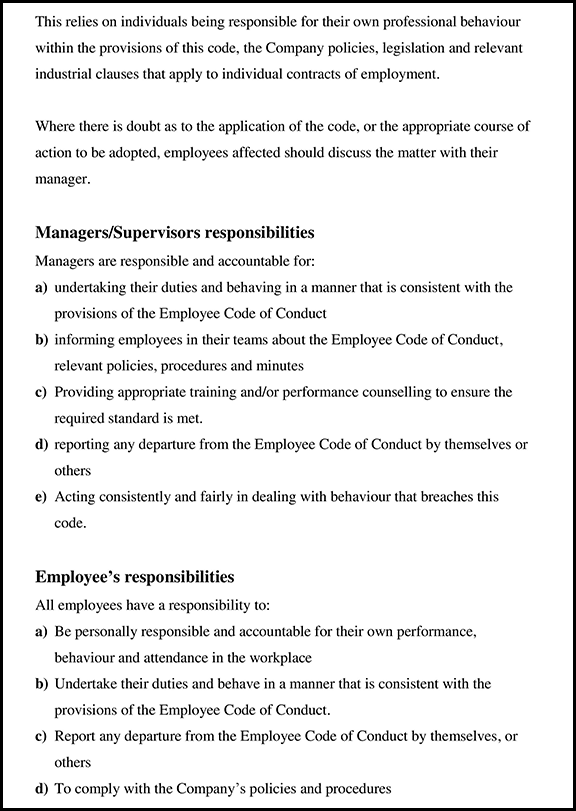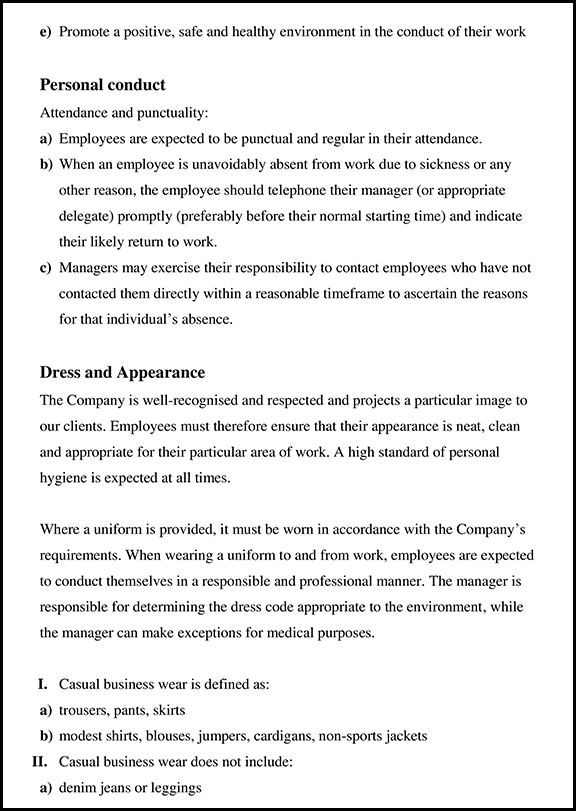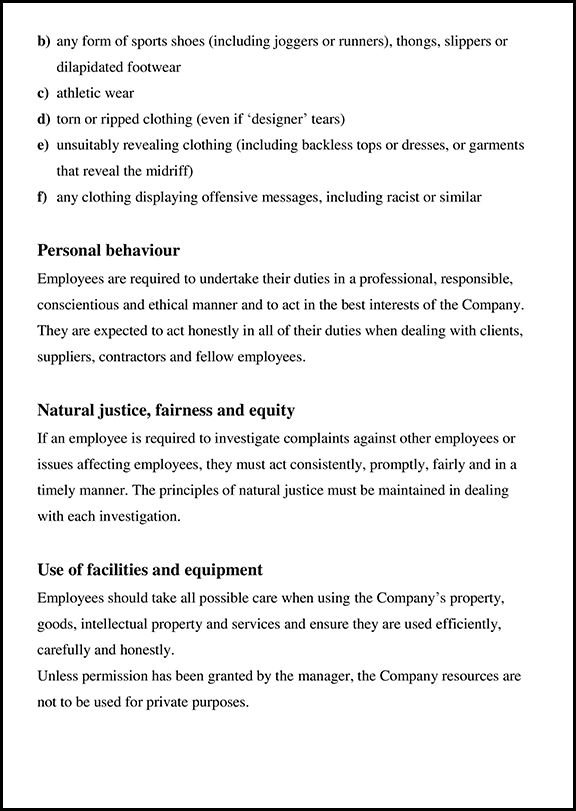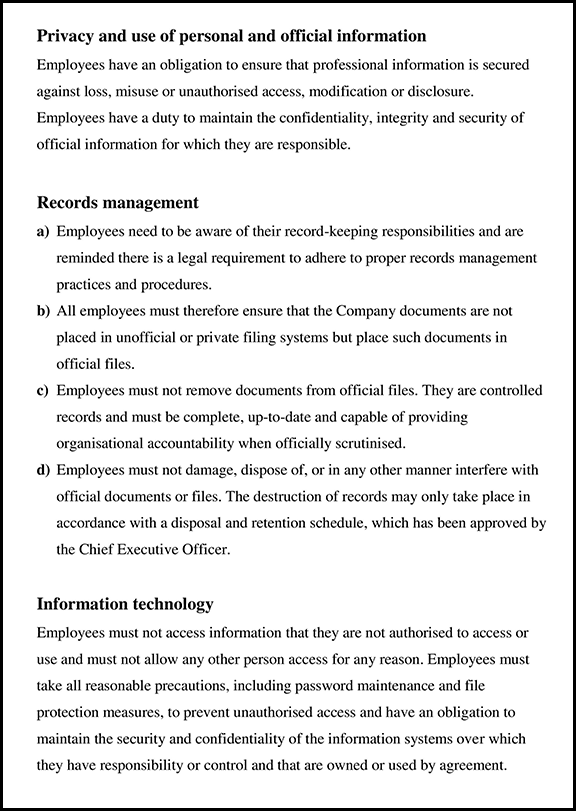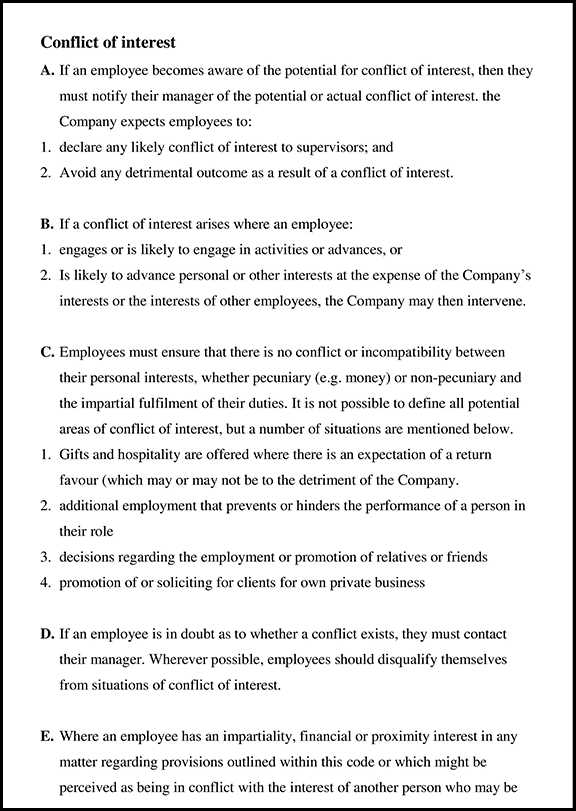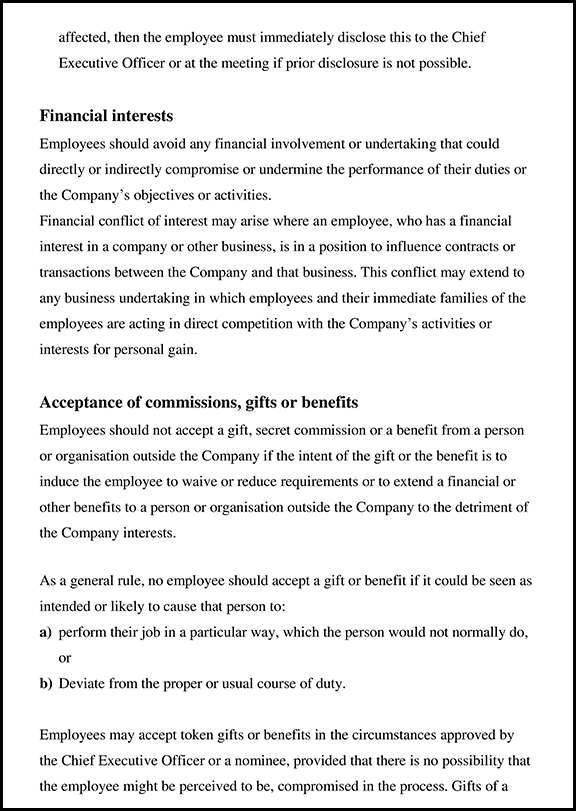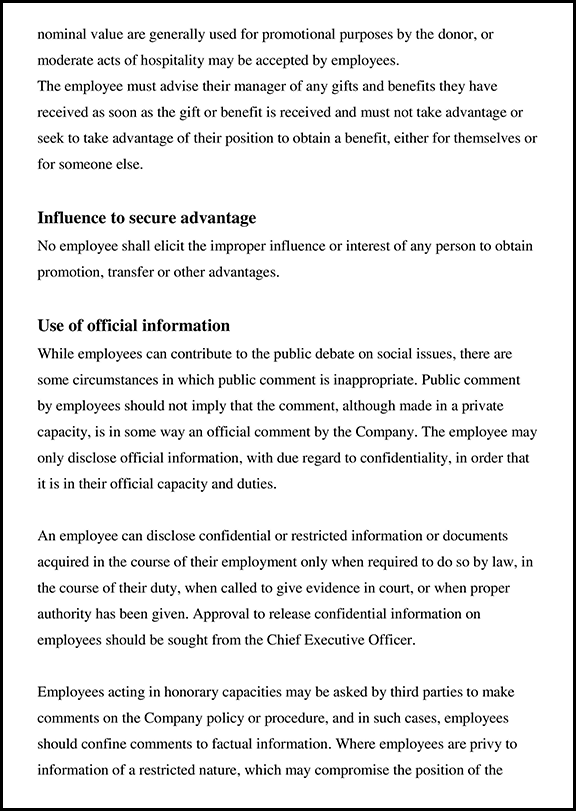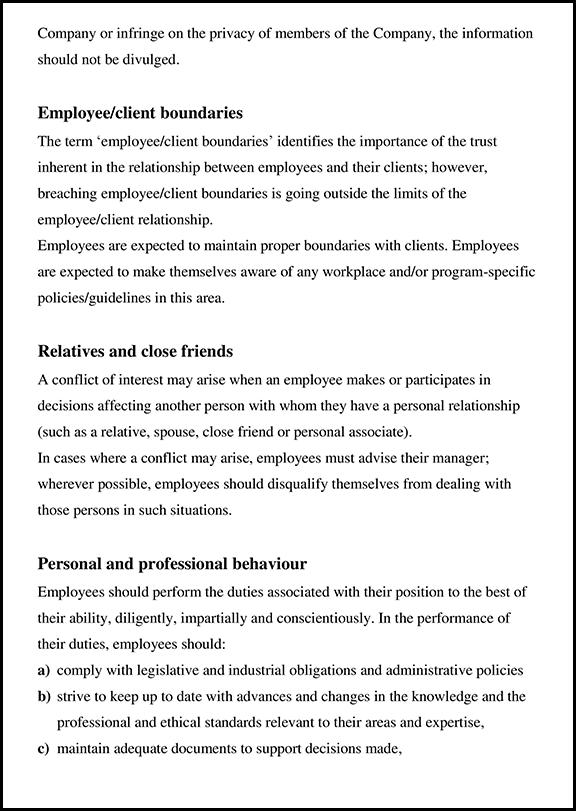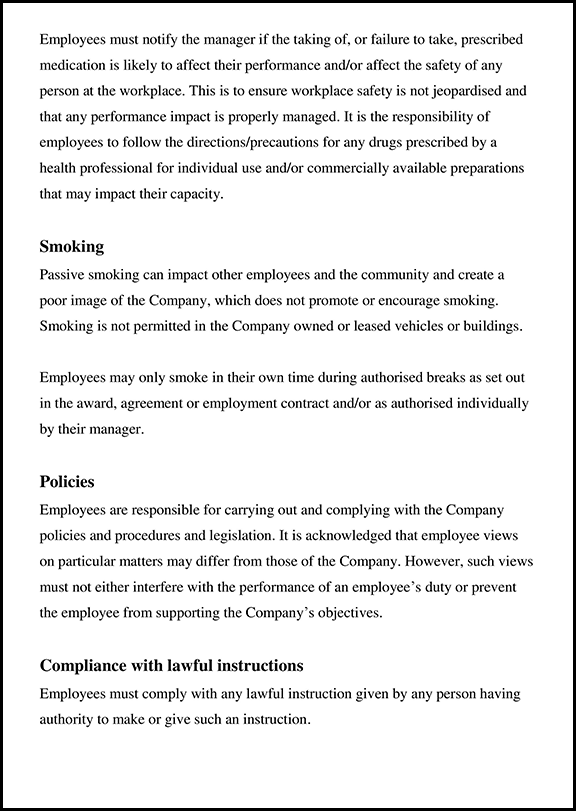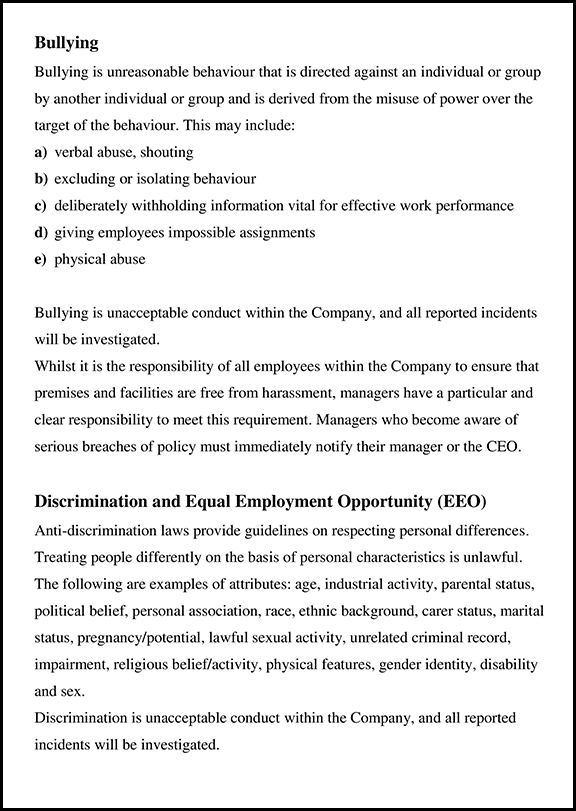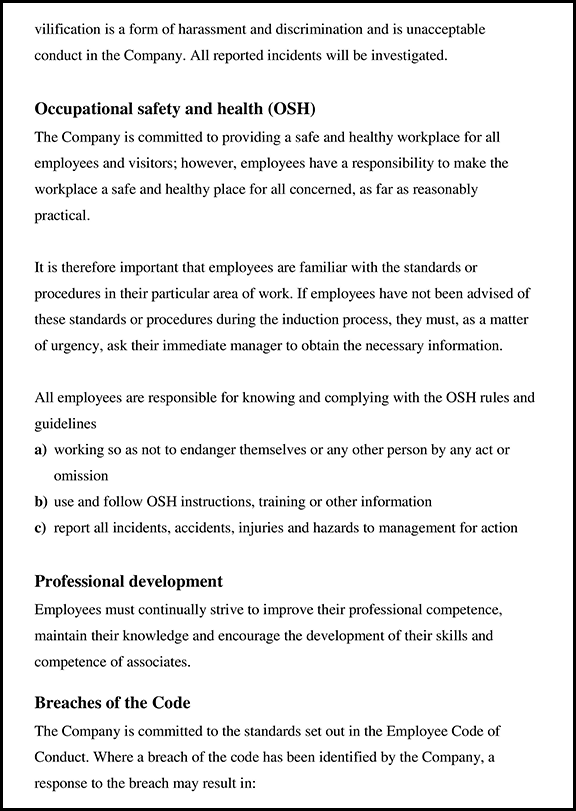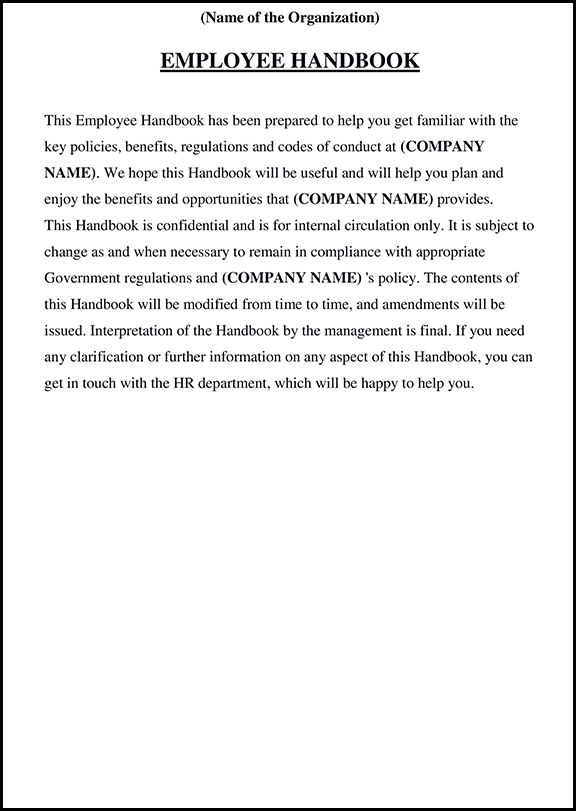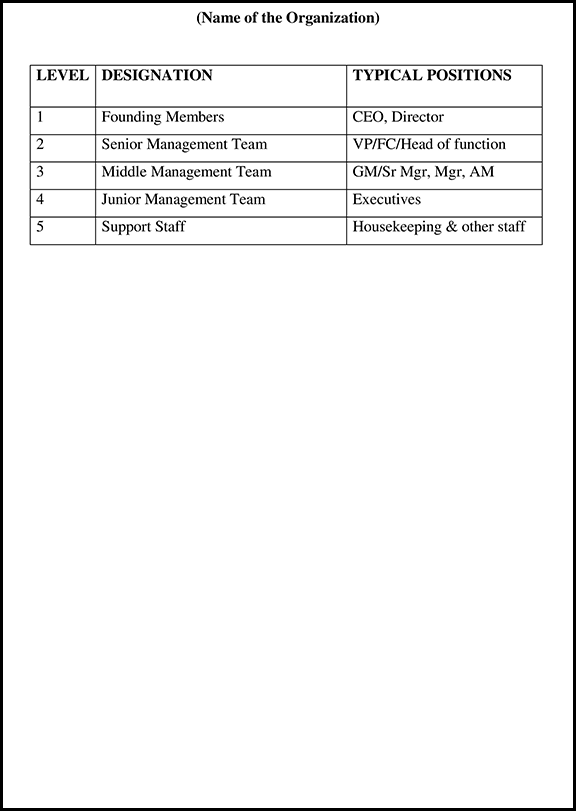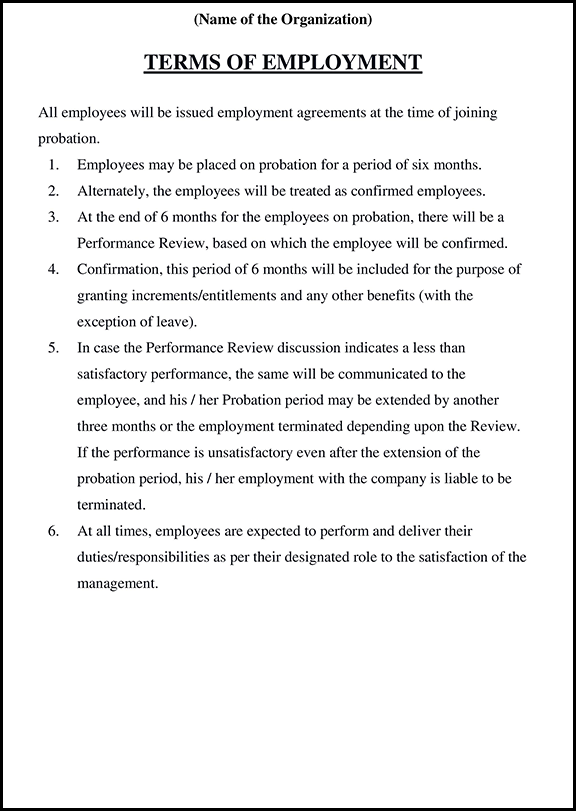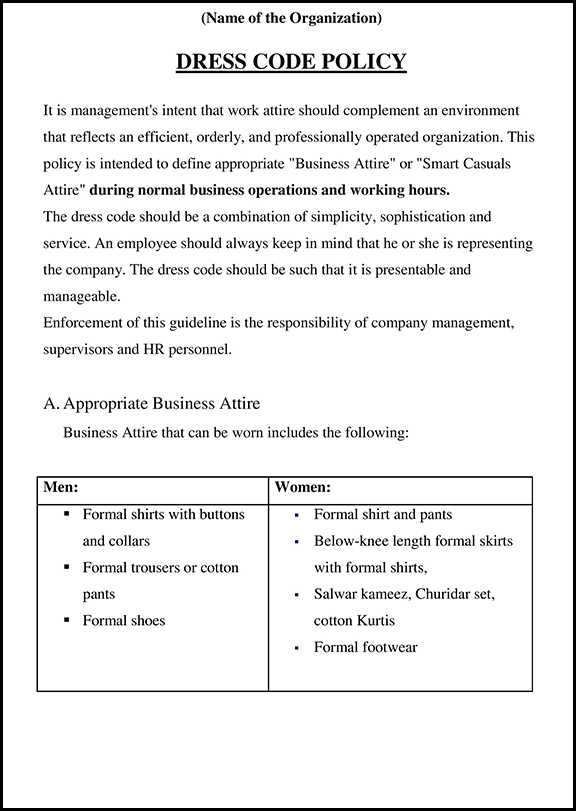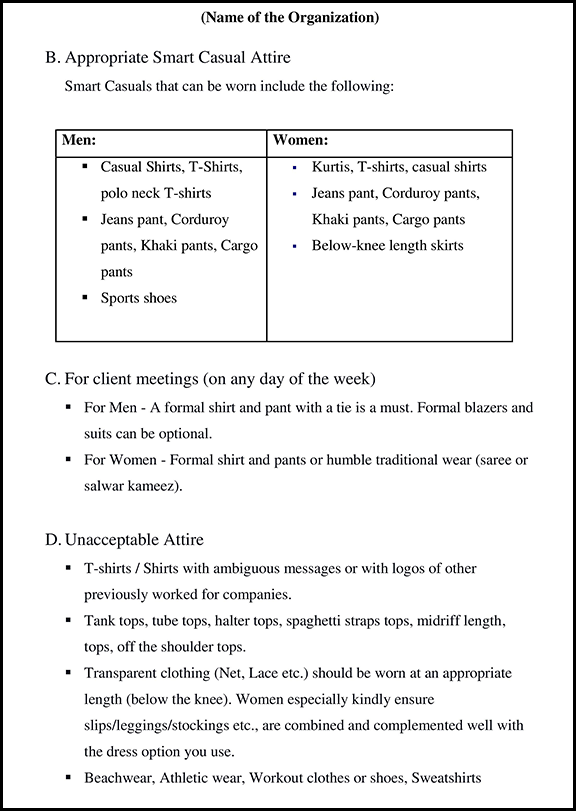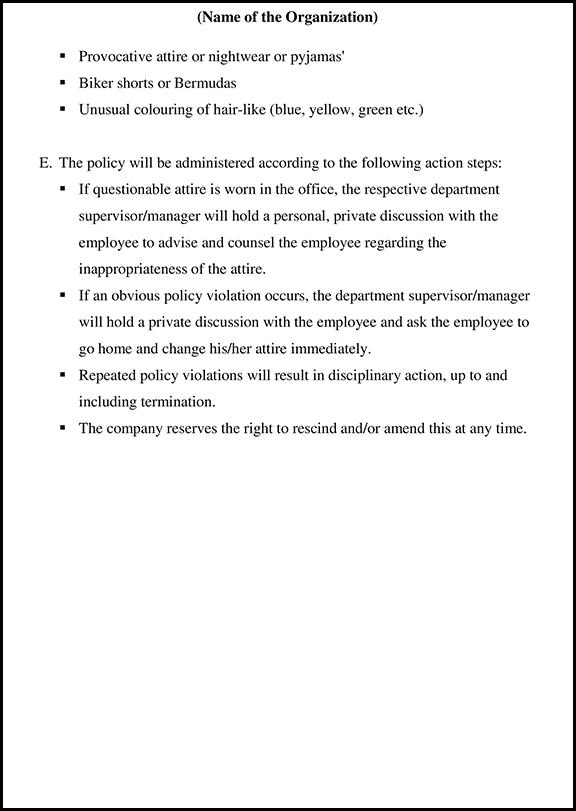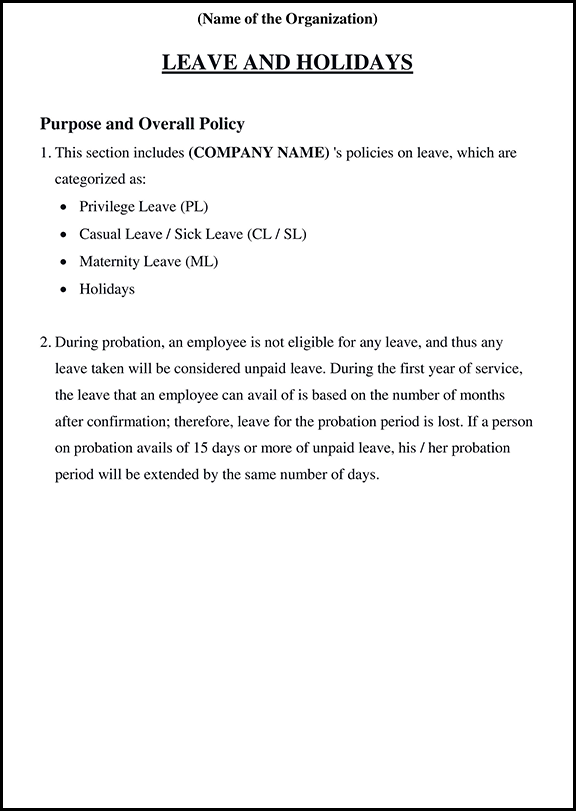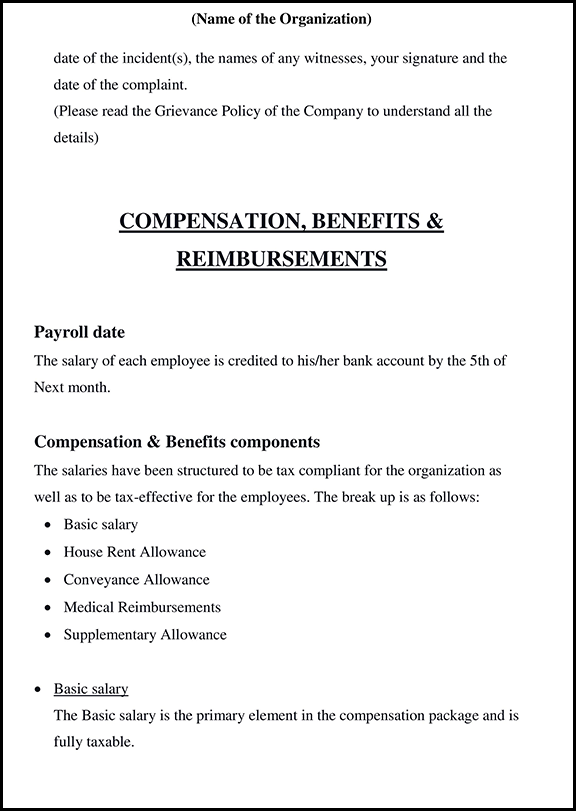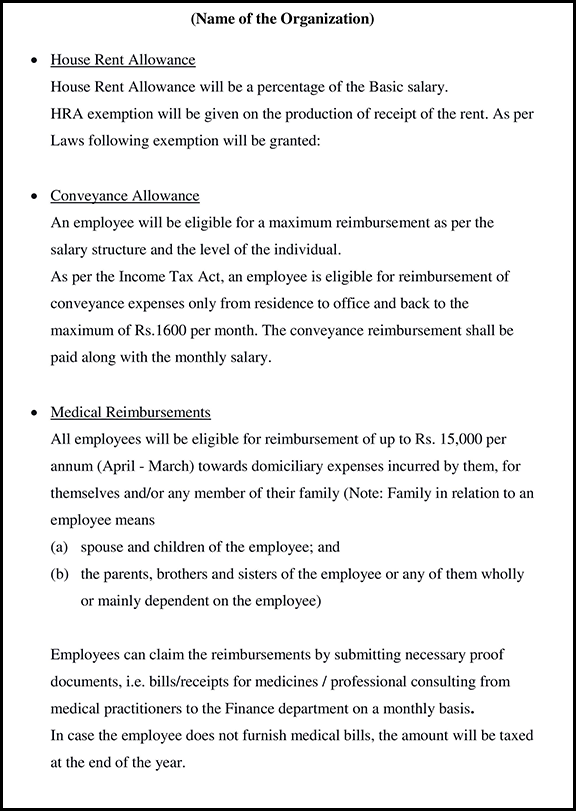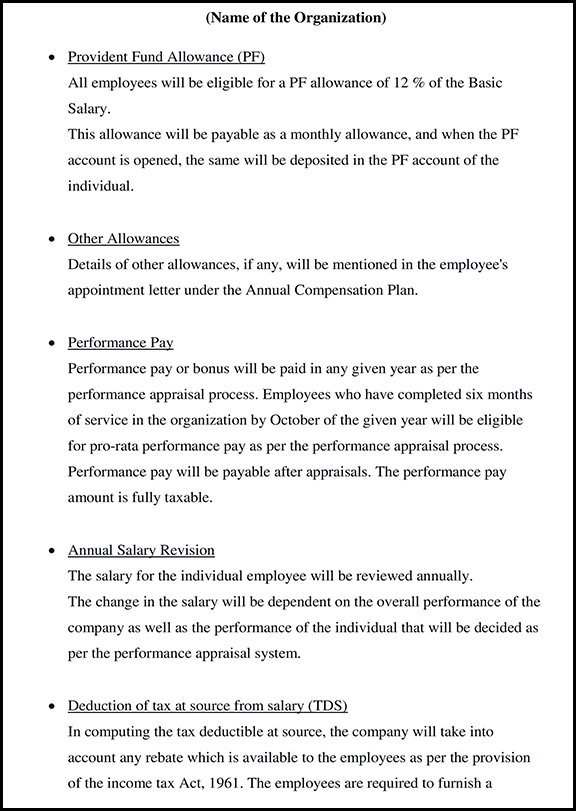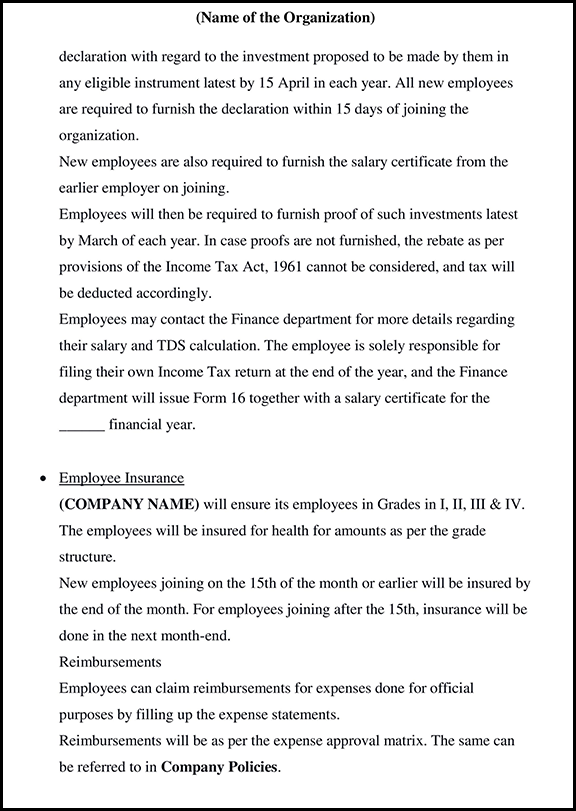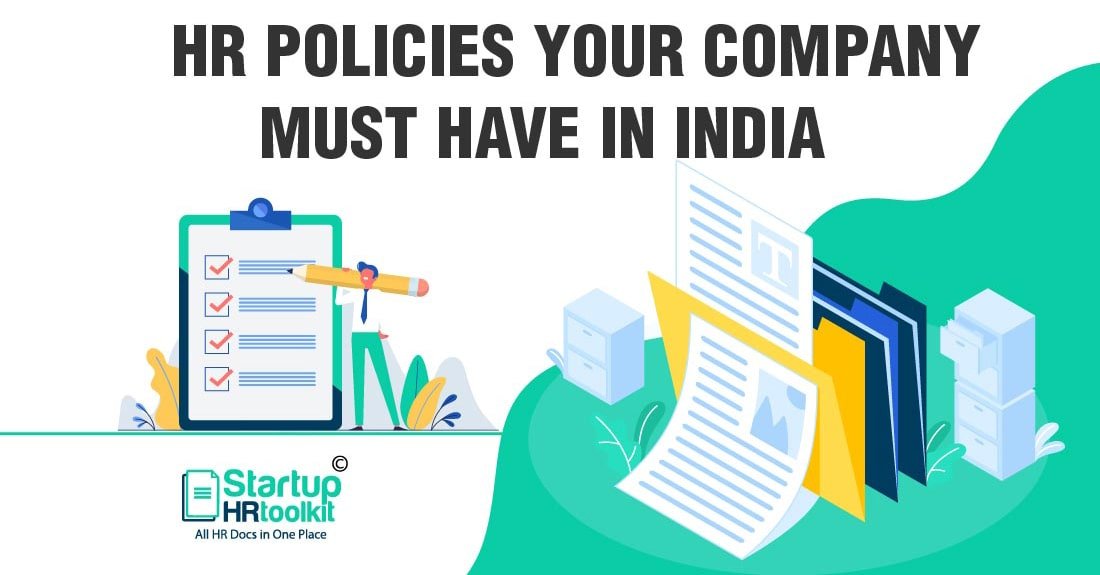
22 HR Policies in India: Your Company Must Have in India (2025)
What is HR Policy?
Human resources policies are a set of rules for hiring, promotion, work process, leave, termination, work environments, compensation, performance appraisal, and many other vital functions. HR policies are also a layout of how an organization will treat its people and property. These essential documents are developed by HR managers along with company administrators. It’s necessary to recite these policies before a complication arises; it’s preferable that you know how to respond.
To make the process of creating company policies easier and save time we’ve created the StartupHR Toolkit. It provides ready to use, fill in the blank templates of over Largest Collection HR documents, letters, policies and calculators.
More than 8000+ clients including Dream11, Naturals, Tata Project, Zolo Stay, Apollo Munich are using our Toolkit to Save Time And Slash their HR Bills. It’s your turn now.
Before listing the HR policies your company requires, let us understand HR policies in India
What is The Purpose of HR Policies in India?
HR policies are the proper code of conduct that helps the company understand about a safe and secure working environment for all employees. The principal purpose of HR policies is to direct the employees more efficiently and maintain the smooth functioning of the organization. Therefore, the very base of HR policies creates a solid and practical foundation for companies to guide and lead their employees toward progress and welfare. It also retains the company from any legal abidance in case of any lawsuit filed against the company by any employee.
The HR department is also the first department to know of a situation like an argument breaking out or the company’s employee productivity falling. Therefore, a good HR department is also essential as they can sense these issues way in advance and can take measures to avoid them. This helps in protecting the company in the long run.
However, for an HR department to be able to protect the company they require a legal backdrop. Having the right HR policies in place helps the HR to take timely disciplinary actions for future conflicts. Since the policies of a company are documented there can be no bias or partiality in their implementation.
Provided below are a few crucial HR Policies are widely adopted by companies in India
1. Employment Contracts
2. Code of Conduct
3. Employee Wages
4. Menstrual Leave Policy
5. Gratuity Policy
6. Employee Provident Fund
7. Leave Policy
8. Sexual Harassment in The Workplace Policy
9. Maternity and Paternity Leave Policy
10. Termination of Employment Policy
11. Adaptive Work Culture Policy
12. Whistleblower Policy
13. Nondiscrimination Policy
14. Dress Code Policy
15. Probation and Confirmation Policy
16. Work from Home Policy
17. Grievance Policy
18. Awards and Recognition Policy
19. Drug and Alcohol Policy
20. Performance Management and Appraisal
21. Recruitment and Hiring Policy
22. Travel Policy
Types of HR Policies in India
Majorly, there are two types of HR policies in India. General policies and specific policies.
1. General policies
General policies are the kind of policies that every organization requires and has. They are usually formulated by the leaders of the company.
2. Specific Policies
Specific policies are the kind of HR policies which relate to certain issues or concerns of a specific organization. They are crafted specifically to suit the organisation by the HR department. These policies relate to issues concerning the compensation, recruitment, benefits, etc of the employees.
22 Most Important HR Policies in India 2025
It is the sole responsibility of the HR personnel to keep a company compliant to the local laws of a country. Therefore, the company policies should be created with the utmost understanding and experience. Below, we’ve included a list of 12 important HR policies that your company must have in India. The list is no particular order of importance.
1. Employment Contracts
An employment Contract is an accord that states the working relationship between an employee and a company. It allows both parties to understand the rules and regulations and the terms of employment.
It is important to have these documents as the Indian employment laws are a diverse and complex framework to navigate. Therefore, having up to date documents to prove the company’s compliances will protect the company for several years ahead.
A few important laws that you must refer to before creating the company’s employment contracts are wage laws, labour laws, the contract act, 1872 and the local state’s employment laws.
2. Code of Conduct
The code of conduct policy of a company contains the vision, ethics and mission of the organization and also, and It is created to build and maintain the right business environment for employees. It contains the rules of work that the employees of the company much abide by.
In India, policies such as equal right policies, electronic usage policy, dress code, enabling work environments, media policy, conflict of interest, etc are included in the code of conduct policy.
Furthermore, the code of conduct must include the procedure to report a breach of the code of conduct.
3. Employee Wages
Managing employee payroll is an important part of an HR department’s job, however, ensuring that employee salaries are competitive in the market and are compliant with government policies is also an important part of it.
In India, several acts cover the wages of an employee. One of them is the Minimum wage act, 1948. and also, It sets the minimum wages that a skilled and unskilled labourer should receive. As well as It enables employees to earn the ‘basic cost of living’.
Furthermore, the Payment of Wages Act, 1936 ensures that the employee receives the right monthly payment on time and without any unnecessary deductions.
Therefore, it may be tempting to only focus on the competitive market rates, however, it is important to pay heed to the compliances required for every employee’s wages.
4. Menstrual Leave Policy
Menstrual leave is a leave where women may have the option to go for a paid or unpaid leave from their employment if they are on their periods and are unable to go to work because of the pain and anything related. This leave helps to seek better facilities for women in the workplace. and because of this women have always suffered.
And to ease up things, Menstruation Benefits Bill 2017, was introduced by Ninong Ering who is a member of the parliament of Arunachal Pradesh. Under the Bill, women of both public and private sectors registered with the Central and/or state governments will be entitled to two days of menstrual leave every month, amounting to a total of 24 days of leave annually.
The leave mentioned in the policy shall be provided to each and every woman without fail and no discrimination should be done on the basis of the work they do.
5. Gratuity Policy
A gratuity amount is payable to an employee if they have completed 5 years of employment in a company. Once an employee is retired they receive their gratuity amount, this amount is mainly paid to an employee to offer them a token of appreciation for the service they have delivered to the company. Furthermore, It is also a legal compulsion to pay employees gratuity under the payment of gratuity act, 1972.
Therefore, you must have a gratuity policy in order for your organization.
6. Employee Provident Fund
The employees’ provident fund act, 1947 provides employees with income security during their retirement also, It is a social security fund that gives employees benefits like retirement pension, medical insurance, housing care and more.
It is worth noting that only organisations with more than 10 employees have to compulsorily have a Provident fund.
However, you should have a provident fund policy in your organization to make things easier.
7. Leave Policy
The leave policy is created to give employees a clear picture of the number of leaves an employee is allowed to take annually. Furthermore, it should also mention public holidays. Furthermore, the leave policy must also mention the percentage of salary cut that an employee will see in the case of unpaid leaves or half-days.
Legally, India has three national holidays where no organization is allowed to be open without permission. However, organizations like factories, hospitals, travel agencies, etc are exempt from this and are allowed to work for 24 hours a day. However, under the Factories Act, 1948, they must be paid for those days and should be paid for overtime.
Furthermore, every organisation should have an annual list of leaves that the employees will be getting.
8. Sexual Harassment Policy
Every organisation must take extra steps to make their workplace a safe environment for women to work in. It isn’t just a legal requirement but also a moral obligation. In India, laws have also been updated to make the safety of women in workplaces a priority.
The 5-year-old sexual harassment act, 2013 has taken the Indian business world by a storm. The act is well praised and has even lead to closing down of a few companies. Furthermore, the act protects not just the employees and interns of an organization but also any woman visiting the company or a woman customer. Every organization must include a sexual harassment policy to be able to address all complaints actively.
According to the act, every company with more than 10 employees must set up an Internal Complaints Committee. Furthermore, the steps that should be taken in such cases should also be mentioned in the policy.
*For more information, you can check out – our blog post *
9. Maternity and Paternity Leave Policy
Every organization employing more than 10 workers is required to follow the maternity benefits (amendment) act, 2017. The maternity act is perhaps one of the most popular HR policies in India Also, It outlines the benefits and the leaves that a pregnant woman who has worked in an organization for 80 days is entitled to.
Under the act, your policy must include at least a 26-week paid leave to a woman for the first two children and a 12-week leave subsequently.
Though there is no legislation for paternity leave in India, there is, however, a bill called the Paternity Benefit Bill in 2017 has been upheld by the government.
This has truly brought in the conversation of equality for both parents and has been applauded by the citizens of the country.
10. Termination and Separation Policy
A Termination and Separation Policy is a crucial HR guideline outlining the procedures for ending an employee’s tenure, whether due to resignation, retirement, or involuntary termination. This policy ensures fair, consistent, and legally compliant separations, covering aspects like notice periods, exit interviews, property returns, final pay, and data handling. It is essential to safeguard the company’s interests and maintain a positive employer-employee relationship during separations.
11. Adaptive Work Culture Policy
Work offices look a little different than they used to a few years ago. Today, more and more employees seek for flexible work options such as work from home options or 5 day work weeks.
Though it is not a legal requirement to adapt to the changing times, it isn’t smart to stick to the traditional work patterns either. Having adaptive work cultures helps employees be more productive as well as improves employee engagement. This is an HR policy in India that is often overlooked, however, should be included.
12. Whistleblower Policy
A Whistleblower Policy is an essential component of any HR strategy. This policy provides a safe and confidential channel for employees to report unethical behavior, misconduct, or wrongdoing without fear of retaliation. Encouraging transparency and accountability upholds ethical standards, and promotes a workplace that values integrity.This policy demonstrates the organization’s commitment to promoting a culture of honesty, trust, and responsibility.
13. Nondiscrimination Policy
Discrimination can take several forms, it can be based on prejudices of age, colour, sex, caste, creed or more. However, it is an employee’s fundamental right to be treated equally and without discrimination.
Aticles 14, 15 and 16 grant these rights to every citizen in the country. Therefore, every organisation must create a company policy that does not permit any kind of discrimination and must state the repercussions of the same.
Additional Employee Policies & “HR policies in India 2025” to Boost Your Company – StartupHR Toolkit
Let us get started.
14. Dress Code Policy
The dress code policy exists to make working more professional and also, promote a better work environment. But, a good dress code policy is a set of guidelines to understand what is appropriate to be worn at work. Having a laid out policy ensures that the employees are well-dressed for meetings and promotes the right work culture.
15. Probation and Confirmation Policy
When a new employee is onboarded they are usually kept on a probation period. Which commonly lasts for three months or more. It gives the company time to judge an employee’s performance and also the conditions under which the employee will be confirmed into the company. Probation periods are mandatory for all employees of an organisation. Therefore, this means that the employee gets a chance to understand the work environment and the workload of a company.
The probation policy includes the terms and conditions that the employee should follow during the probation period.
The policy must include the probation time period, as well as procedures, post the confirmation also, it should include the code of conduct, the performance expectations and goals of the employee for the company.
16. Work from Home Policy
A Work from the Home policy is an agreement between an employer and employee to grant the employee the privilege of working from home. It should clearly specify the work timings, deliverables and clear procedures. Though there are no laws regarding these, having a clear and definitive policy will be helpful. It must include the procedure through which an employee can apply for the privilege of working from home and mention in detail who is eligible for sure privileges.
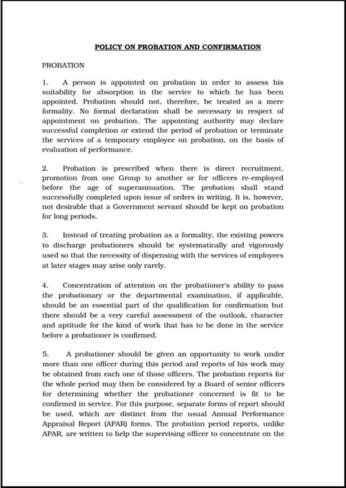
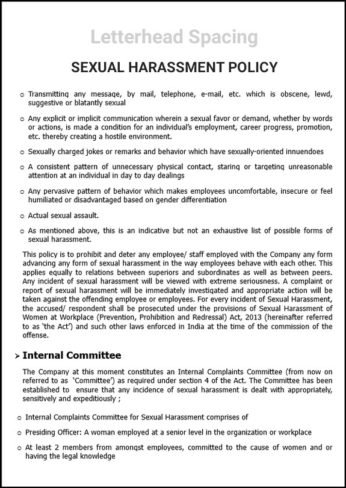
Ready to Use Largest Collection HR Docs, Email Templates, Job Description, Salary Calculator

17. Grievance Policy
In India, as per section 9C of the Industrial Disputes Act, 1947 every employer employing at least 20 workmen, is required to set up a Grievance Redressal Committee. Grievance regarding job harassment, sexual misconduct, unfair decisions, and more should be heard, and should have the policy to resolve the same. Meanwhile, HR policies such as the grievance policy are extremely important for the growth and proper functioning of an organization.
18. Awards and Recognition Policy
The rewards and Recognition Policy is created to give employees a one time reward or an award for outstanding performance. It is created to help encourage employees to improve their performance whether individually or as a team. The awards and also recognition milestones are built according to the overarching company vision and objective. The reward can be both monetary or non-monetary.
19. Drug and Alcohol Policy Description
An important policy for any workplace is the Drug and Alcohol Policy. This policy provides guidelines for employee conduct regarding substance use during work hours and on company premises. Its aim is to maintain a safe and productive workplace while addressing substance-related issues through testing, consequences for policy violations, and confidential support mechanisms.
20. Performance Management and Appraisal
The performance management policy is one of the HR policies created to give employees a clear understanding of what is expected of them. It provides an appropriate framework within which the performance of an employee can be managed. Also, this can be done through the implementation of various tools, techniques, as well as processes.
While performance management includes identifying, measuring, managing, and developing the performance of human resources in an organisation. Performance appraisal is an ongoing process of evaluating an employee’s performance and therefore, should be a part monthly HR processes.
21. Recruitment and Hiring Policy
Having a Recruitment and Hiring Policy is crucial for any HR department as it sets out the fundamental guidelines for employees involved in the hiring process. These policies cover various aspects such as recruiting and interviewing candidates to making final hiring decisions and ensuring that the hiring practices are both effective and compliant with regulations. these policies can be customize to fit the specific needs of each company, making them flexible and adaptable to ensure consistency in the hiring process.
22. Travel Policy
In the necessary requirement of an employee being required to travel for business-related work, the travel policy is created. Also, this reimburses the cost of the travel to the employee for business approved travel costs. The travel policy must mention the requirements for proof, the procedure of filing for reimbursement, authorization authority as well as the exceptions to it.
In Conclusion
It is the sole responsibility of the HR department to make sure the company’s policies are compliant with the local laws of the state and the country. Furthermore, it is important than HR personnel to know these laws and implements the correct procedures. While creating the company’s policies the right care should be taken as India’s corporate laws are complicated.
If you’re unsure about where you should start building your company HR policies then you should check out the Startup HR toolkit
The right policies can help avoid heavy fines and legal procedures in the future.
Click Here For View Demo Documents: https://www.startuphrtoolkit.com/demo
Join a Community of 1,00,000+ HR Professionals



